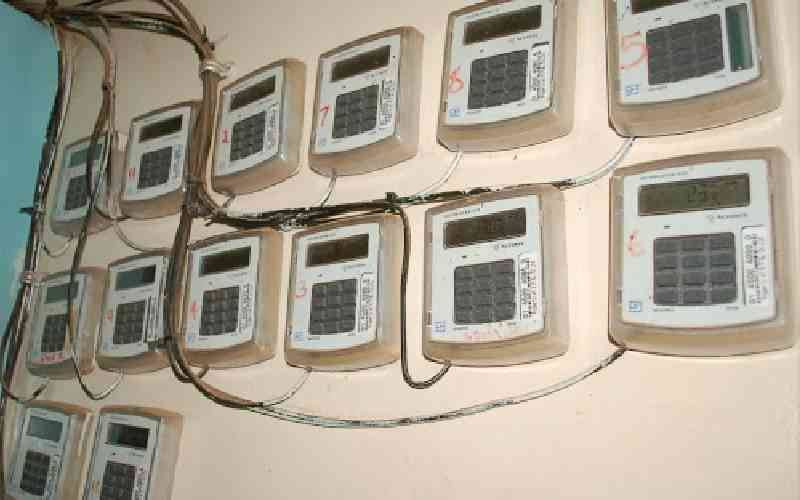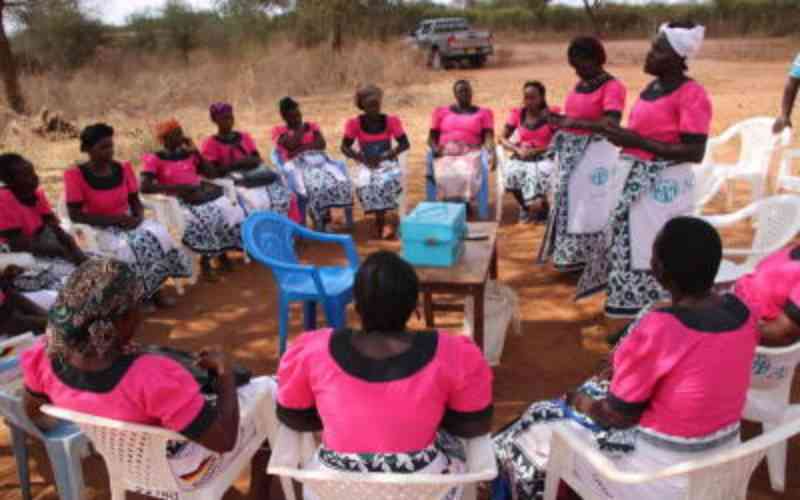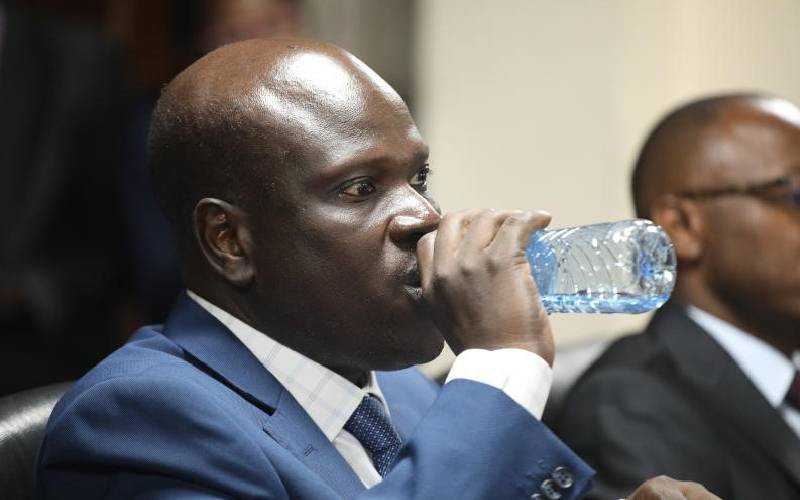As a follow up to your response on a query on possible reduction of rents by landlords over the negative economic impacts of the coronavirus pandemic, there are landlords who have already slapped tenants with demand letters threatening eviction should they default by 5th of April. What can tenants who are not able to pay rent do to avoid evictions and what do we foresee after the Covid – 19 pandemic is water under the bridge?
Glenn, Nairobi
Landlords are also human and what you should do as a tenant is to approach them before your rent is due to explain reasons for your delay in payment. Upon agreement, you may have the same in writing – stating when you would be able to pay up.
For other tenants risking eviction, should an amicable agreement with your landlord hit the wall, the Rent Restriction Tribunal (RRT) of the Business Premises Tribunal (BPRT) are shoulders to lean on. Even though majority of the Judiciary (Judges and Magistrates) are working from home, the Chief Registrar of the Judiciary Anne Amadi – in a fresh statement – directed Tribunals to devise mechanisms to facilitate the hearing of urgent matters filed before them.
For tenants whose monthly rent is way above the jurisdiction of the Tribunals, it would be advisable to seek audience of the High Court to secure an injunction against a possible eviction in the wake of the Government imposed curfew. It is an open secret that the ripple effect of the current partial lockdown will result to closing of businesses and both tenants and landlords will file a barrage of complaints before the RRT and BPRT.
For tenants, life after the pandemic will not be a walk in the park. For instance, if you have an understanding landlord who has allowed you to pay rent when normalcy resumes, the burden of paying three months’ rent at ago may be too much to bear. Moreover, there would still be other bills to pay. Take the case of power bills which may go up as pressure is currently piling on Kenya Power to increase electricity tariffs against the backdrop of concerns that the firm is in Intensive Care Unit (ICU), if its latest financial performance is anything to go by.
For starters, Kenya Power posted a 91.98 percent decline in net profit to Sh262 million from Sh3,2 billion for the financial year ended June 2019. Sadly, the catch-22 of increasing the tariffs flies in the face of a government agenda to cast its net wider to expand power connectivity in line with the universal access agenda – and also make it pocket friendly.
The reality is that life will not be easy – should we all survive the virus that has increasingly seem more Kenyans test positive. It will be harsher for the many who are either in business or victims of massive job losses who are not within the tax reliefs announced by President Uhuru Kenyatta.
-Harold Ayodo is a communication consultant and an advocate of the High Court of Kenya
 The Standard Group Plc is a
multi-media organization with investments in media platforms spanning newspaper
print operations, television, radio broadcasting, digital and online services. The
Standard Group is recognized as a leading multi-media house in Kenya with a key
influence in matters of national and international interest.
The Standard Group Plc is a
multi-media organization with investments in media platforms spanning newspaper
print operations, television, radio broadcasting, digital and online services. The
Standard Group is recognized as a leading multi-media house in Kenya with a key
influence in matters of national and international interest.
 The Standard Group Plc is a
multi-media organization with investments in media platforms spanning newspaper
print operations, television, radio broadcasting, digital and online services. The
Standard Group is recognized as a leading multi-media house in Kenya with a key
influence in matters of national and international interest.
The Standard Group Plc is a
multi-media organization with investments in media platforms spanning newspaper
print operations, television, radio broadcasting, digital and online services. The
Standard Group is recognized as a leading multi-media house in Kenya with a key
influence in matters of national and international interest.







